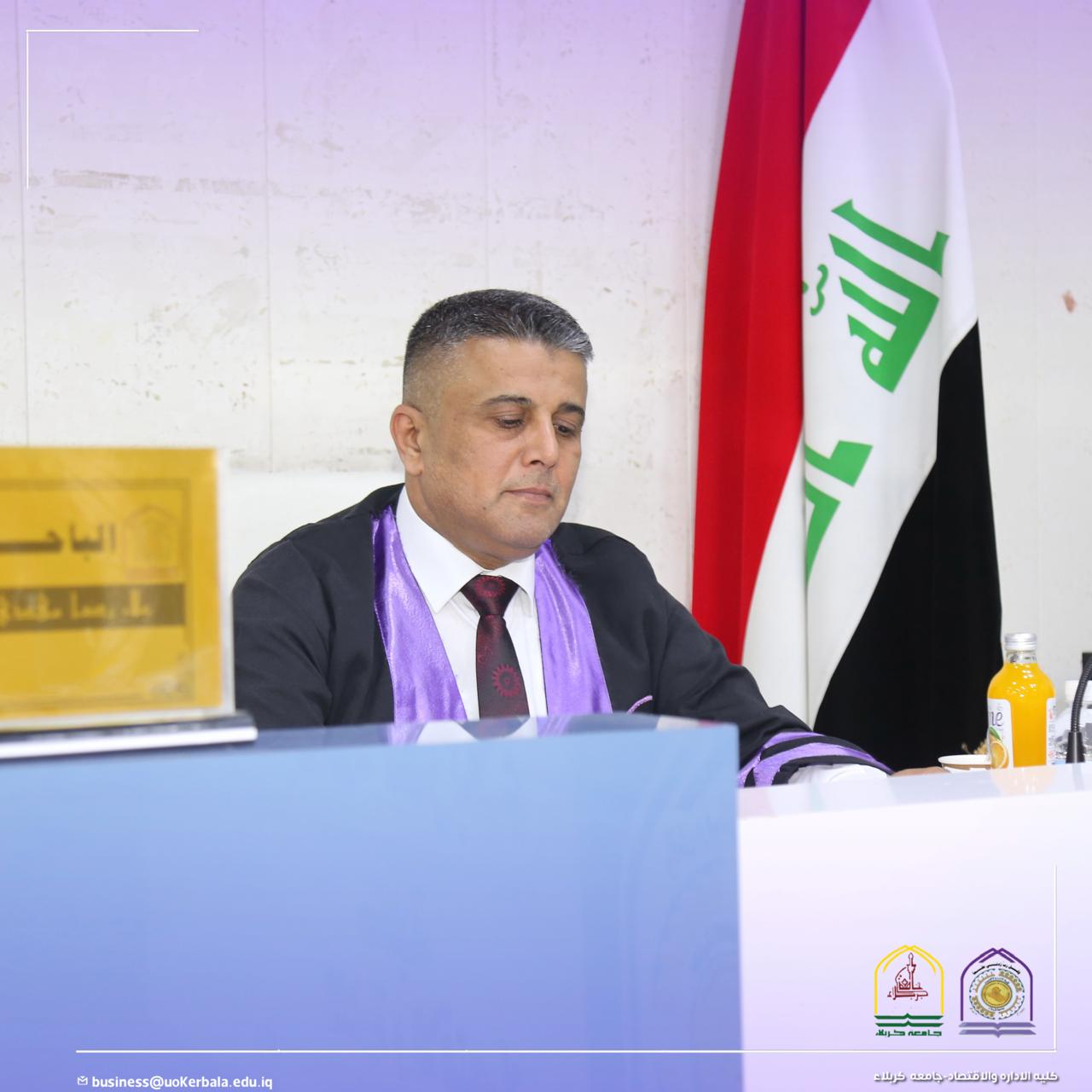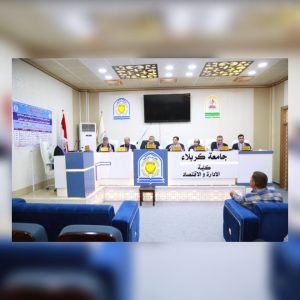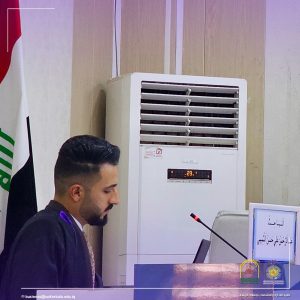Trading Cryptocurrencies and Hedging their Price Risks and Their Impact on the Future of the Accounting Profession and Investment Decisions )
Study Its Analysis and Proposed Framework)
A Thesis Submitted to the Council of the College of Administration and Economics – University of Karbala
It is Part of the Requirements for Obtaining the Degree of Doctor of Philosophy in Accounting
By
Alaa R. Mahdi Al-Ghanimi
Supervised By
Asst.Prof.Dr.Adel Subhi Al-Basha
Abstract
Cryptocurrencies are digital representations that appeared more than ten years ago. Their technological advantages aroused the interest of many individuals and economic units on a large scale, and resulted in a significant growth in the number of available cryptocurrencies and an increase in the size of their areas of use, in addition to the risks resulting from the use of their innovative technology and their high price fluctuations. This has resulted in an urgent need for guidance from accounting standard setters on how to organize their treatments in financial reports.
The aims of current research for a proposed business model that describes accounting treatments according to the economic essence and the legal form adopted by the IFRS standards, whether for financial reporting of cryptocurrencies, or financial reporting for hedging accounting for cryptocurrencies risks.
To achieve the research objectives, the researcher used, in the applied aspect of the thesis, the most important global economic units applied to the interpretations of the (IFRS IC) Committee in the field of cryptocurrency trading, as their number reached (25) economic units, working in trading, investment, mining, and speculation about cryptocurrencies as a research community, and he chose two economic units, one of which It works in the field of investment and the other in the field of mining as a sample for research, in addition to analyzing the results of the questionnaire for testing research hypotheses distributed to a group of academics and professionals in Iraqi universities and analyzing them using the statistical program SPSS.
The current research has reached several conclusions, the most important of which is that there is no international accounting standard that addresses accounting operations for cryptocurrencies, with the exception of the interpretations of the Committee (IFRS IC, 2019), as the unique nature of cryptocurrencies from other traditional assets in their basic components reflects a significant difference among them, which complicates In view of the purpose of the economic unit’s possession of cryptocurrencies, which is reflected in the different interpretation of the acquisition and acquisition of cryptocurrencies and their classification as a medium of exchange or as an investment tool or commodity for the purpose of selling for the benefit of the economic unit or for the benefit of others (intermediary), and its impact on the variation in accounting operations for cryptocurrencies when applying Committee Interpretations (IFRS IC, 2019).
One of the most important recommendations is that cryptocurrencies are not just a technological innovation, but rather involve a different philosophy in the way economic units manage their business and operations, and technological change should be taken into account in developing the future of the accounting profession and developing accounting standards and pushing them forward































































